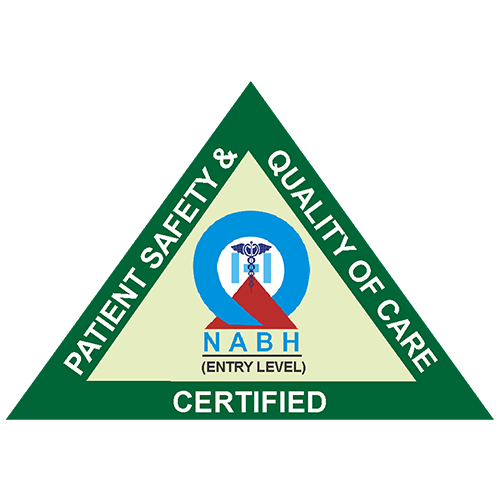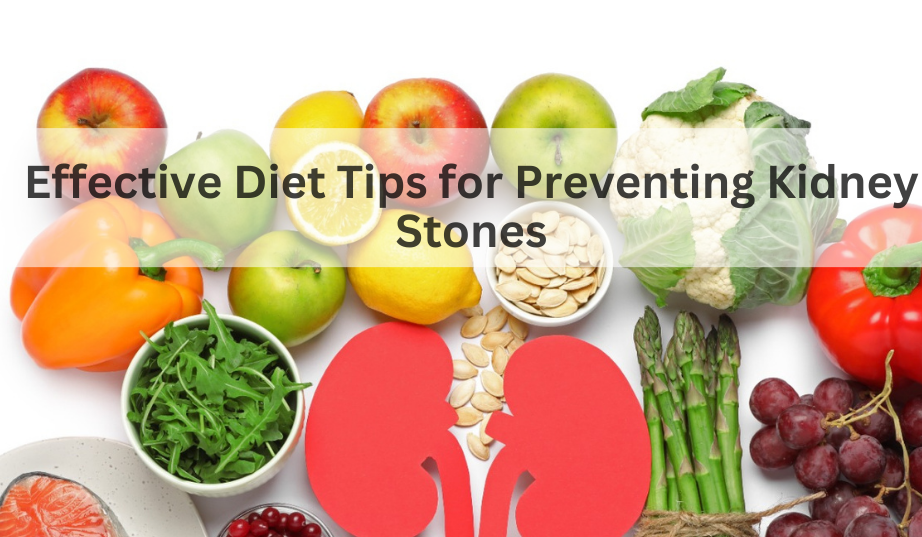Overview
If you’ve ever experienced the excruciating pain of a kidney stone, you know how desperate you can be to avoid another episode. The discomfort is often compared to the intensity of childbirth. Kidney stones form when crystals accumulate and obstruct the flow of urine. Typically, they make their way from the kidneys to the bladder through the ureters, the tubes responsible for transporting urine. Stones tend to develop in highly concentrated urine, where there is an abundance of crystals and insufficient liquid. As a result, urine may appear dark yellow instead of the usual straw-colored or clear.
Initially, kidney stones may be as tiny as grains of sand, but they can grow to occupy the entire kidney. The larger the stone, the more challenging it becomes to pass. While stones can develop from various minerals, the most prevalent type is calcium oxalate.
Regrettably, once you’ve experienced one kidney stone, there’s a 50% chance that you’ll encounter another within the next 15 years. The recurrent stone formation can be caused by various factors, including uncontrollable elements like family history and underlying kidney disease, as well as controllable factors such as obesity, dehydration, and dietary choices.
Fortunately, many risk factors for recurring kidney stones can be managed through simple lifestyle changes, particularly adjustments to your diet. By incorporating the following seven tips related to food and beverages, you can significantly reduce the likelihood of developing another kidney stone.
1) Stay Hydrated
If you’ve experienced the pain of kidney stones and want to prevent their recurrence, increasing your fluid intake is key. Adequate hydration helps dilute urine, preventing crystals from clumping together and forming stones.
A comprehensive meta-analysis conducted by the National Kidney Foundation in 2015 revealed that individuals who produced 2 to 2.5 liters of urine daily were 50% less likely to develop kidney stones compared to those who produced less urine.
For individuals who have previously had kidney stones, it is crucial to consume a significant amount of water – aim for at least 2 liters (8 cups) per day, but ideally, strive for 3 liters (12 cups) daily. In hot weather conditions or if you work in a warm environment, it becomes even more important to increase your water intake, as sweating reduces urine production.
If plain water seems too bland, you can enhance your preventive efforts by adding a squeeze of citrus juice. Citrus fruits like lemons, limes, and grapefruits contain citrate, a compound that binds to calcium and aids in preventing stone formation. You can also replace some of your water with citrus beverages, such as freshly squeezed orange juice, to diversify your fluid intake and enjoy the benefits of citrate.
- Keep Your Sodium Intake in Check
Excessive sodium consumption can elevate the calcium levels in your urine, increasing the risk of kidney stone formation, especially for individuals who are already prone to them. It is advisable to adhere to the federal guidelines, which recommend limiting your daily sodium intake to 2,300 milligrams.
By reducing sodium, or salt, in your diet, you not only decrease the likelihood of kidney stone development but also promote kidney health by helping to lower blood pressure. Prolonged high blood pressure can lead to the narrowing and weakening of blood vessels in the kidneys, compromising blood flow. As a result, the kidneys may become impaired, eventually leading to kidney disease or kidney failure.
To minimize your sodium intake, you can implement several strategies. Firstly, be mindful of processed and packaged foods, as they often contain high amounts of hidden sodium. Opt for fresh, whole foods and prepare your meals at home whenever possible. Additionally, read food labels carefully, choosing products with lower sodium content or seeking out sodium-free alternatives. Flavor your meals with herbs, spices, and other seasonings instead of relying on excessive salt.
By taking control of your sodium intake, you not only mitigate the risk of kidney stones but also promote overall kidney health and maintain optimal blood pressure levels.
- Embrace Calcium-Rich Foods
Although it may seem counterintuitive, consuming calcium-rich foods can actually help prevent certain types of kidney stones. While most kidney stones are composed of calcium, some are formed from a combination of calcium and oxalate. Oxalate is naturally present in various foods such as fruits, vegetables, nuts, grains, legumes (like black beans or peas), chocolate, and tea.
When you consume calcium from food, it binds with oxalate in your intestines, diverting the oxalates to your feces instead of your urine. This process reduces the risk of developing calcium oxalate stones.
It’s important to note that the benefits of calcium in preventing kidney stones are not seen when taking calcium supplements. To maximize the advantages, aim to incorporate 1,000-1,200 milligrams of calcium into your daily diet. You can obtain calcium from sources like dairy products, soy products, beans, seeds, fortified tofu, and certain green vegetables such as kale and broccoli.
- Moderate Your Meat Consumption
Excessive intake of animal protein, including red meat, chicken, pork, fish, and eggs, can heighten the risk of kidney stone formation. However, you don’t necessarily have to eliminate meat entirely from your diet. The key is to limit your meat consumption to no more than 8 ounces per day, with each serving roughly the size of a deck of cards.
- Embrace the Power of Fruits and Vegetables
Including a wide variety of fruits and vegetables in your diet not only offers numerous health benefits but also plays a significant role in preventing kidney stones. A diet rich in fruits and vegetables can help lower blood sugar levels, reduce blood pressure, mitigate the risk of heart disease and stroke, and even protect against certain types of cancer.
In terms of kidney stone prevention, consuming ample fruits and vegetables can boost urinary citrate levels. Citrate is a natural acid found in the body that inhibits the aggregation of calcium particles in urine, preventing them from forming stones. So, in addition to all the other health advantages, incorporating five portions of fruits and vegetables into your daily meals can serve as an extra incentive to avoid the excruciating pain of another kidney stone.
- Monitor Your Oxalate Intake
Elevated levels of oxalate in urine can contribute to the formation of kidney stones. However, many healthful foods contain oxalate, including spinach, beets, nuts, wheat germ, rhubarb, and soy. Rather than eliminating these high-oxalate foods altogether, it is recommended to maintain a diverse diet and ensure proper hydration. Additionally, pairing oxalate-rich foods with a serving of dairy products or increasing water intake can help mitigate the risk associated with oxalate consumption.
Conclusion:
While these are general recommendations for preventing kidney stones, it is essential to consult your healthcare provider for personalized dietary advice. Undergoing a metabolic evaluation conducted by a urologist can help determine the specific factors contributing to your kidney stone formation and guide you toward a tailored prevention plan. Remember, prioritizing a balanced diet that incorporates a variety of fruits, vegetables, and other nutrient-rich foods, along with adequate hydration, is key to reducing the risk of kidney stone formation and maintaining optimal kidney health.




